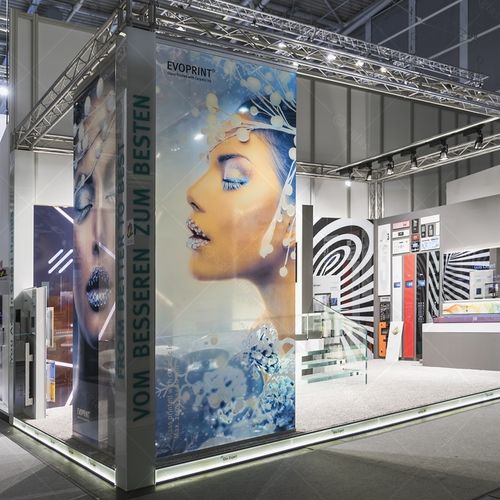EVODUR ESG is a tempered safety glass produced by heating the glass to a temperature of about 650 degrees Celsius, at which point it begins to soften. The external surfaces are then cooled, rapidly, causing compression. The heating/rapid cooling process is electronically controlled and the individual parameters used during the process influences the final quality of the safety glass.
Its resistance to mechanical warping is usually four to five times higher than that of normal glass and is appropriately used in cases where it is necessary to mechanically grip the various metal parts attached to the glass. If broken, EVODUR ESG fractures into very small, harmless fragments, ensuring the safety and security of people who may come into contact with the broken pieces.
Heat Soak Test – a destructive test used to minimise the risk of spontaneous tempered glass breakage
In order to reduce the risk of spontaneous breakage due to the presence of Nickel Sulphide (NiS) inclusions in the tempered safety glass, the glass is subjected to an additional thermal treatment called a “Heat-Soak Test”. This test is regulated by the EN 14179 European standard and consists of heating and then cooling the glass according to certain temperature curves. Being destructive, this treatment eliminates most of the glass that is at risk but cannot, under the current technical conditions, eliminate 100% of the effected material. The risk of spontaneous breakage is, however, considerably reduced. This treatment is advised in all cases in which stability of work, maintaining closure or coverage volume and/or the safety of users may be endangered by a tempered glass breakage.





